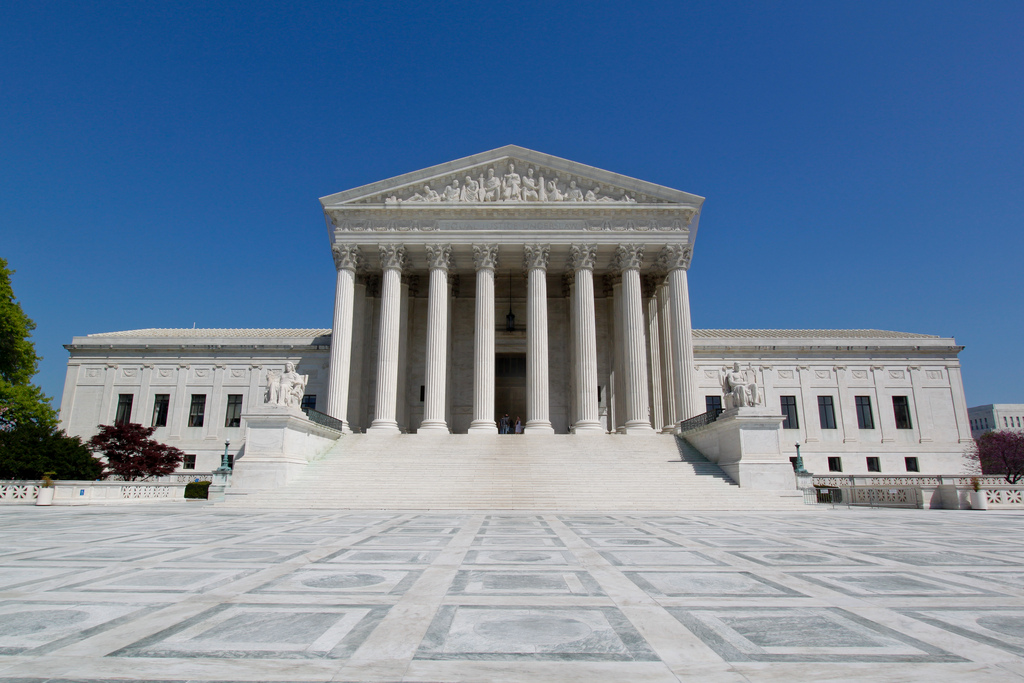By Aarush Maheswaran
The Supreme Court has had a turbulent term. Often, the institution makes decisions that may appear bewildering and frustrating to outsiders. Such was the case in its decision to uphold an explicitly racist set of 20th century-era cases via a denial to hear Fitisemanu v. US.
In Fitisemanu, three American Samoans asked the courts to recognize their Fourteenth Amendment rights to receive birthright citizenship. This privilege is protected for individuals born in the 50 states, DC, and all U.S. territories—except for American Samoa. In the case, the Supreme Court was asked to decide whether all persons born in US territories are entitled to citizenship under the 14th Amendment, and whether a set of cases from the late 20th century, known as the Insular Cases, should be overruled. On October 17th, the Court refused.
The Insular Cases occurred after the Spanish-American war, when the US acquired the territories of Puerto Rico, Guam and the Philippines. The Court offered a framework for how the Constitution should apply to the United States’ new colonial territories. In Downes v. Bidwell, the Court determined that the Constitution does not automatically apply to the territories, instead drawing a distinction between incorporated and unincorporated territories. Incorporated territories, such as Alaska and Hawaii at the time, are entitled to full constitutional protections, whereas unincorporated territories such as Puerto Rico, are not, even if residents of unincorporated territories may receive “US national” status. In other words, the Court held that even though a person may be subject to US laws and taxes, they are not necessarily afforded the protections of the Constitution. Balzac v. Porto Rico held that Sixth Amendment protections (the right to a speedy trial by an impartial jury) do not apply to Puerto Rico, despite the fact that Congress had already granted Puerto Ricans full US citizenship.
The grounds on which these cases were decided are explicitly racist. DeLima v. Bidwell referred to the inhabitants of the island as “uncivilized” and “savage tribes”. Downes posited that the Constitution can only apply to people “of the same race,” and that “the administration of government and justice, according to Anglo-Saxon principles, may for a time be impossible.” Legal observers and jurists criticized the rationale behind denying Americans in territories their constitutional rights. In the Court’s previous term, these criticisms found a place on the Court’s official records.
In 2022, the Supreme Court heard arguments in US v. Vaello Madero, and determined 8-1 that Congress denying Puerto Ricans access to the Supplemental Security Income was not in violation of the Constitution. Justice Niel Gorsuch used his concurring opinion to vigorously attack the Insular Cases, referring to them as having “no basis in the Constitution, and instead rest[ing] on racist stereotypes.” Gorsuch criticizes the Court for not “confronting their errors directly”, instead finding workarounds. This leaves lower courts in the lurch of having to use these problematic sets of cases in modern jurisprudence, repeatedly citing Fitisemanu as an example. Gorsuch concluded that he joins the majority as no party asks to overrule the Insular Cases, but hopes that “the day comes soon when the Court squarely overrules them”.
The enthusiasm of Justice Gorsuch to overturn these cases should have then set the cases on a path to destruction. The application for certiorari (the formal appeal process) was filed after the decision in Vaello Madero was released, and appeared to be tailor-made to what Justice Gorsuch was asking for. However, for reasons we will likely never know, the Court declined to hear it and instead affirmed the decision of the lower Court of Appeals to deny the Samoans citizenship — continuing the legacy of these cases, and denying Americans the full suite of their constitutional rights.

